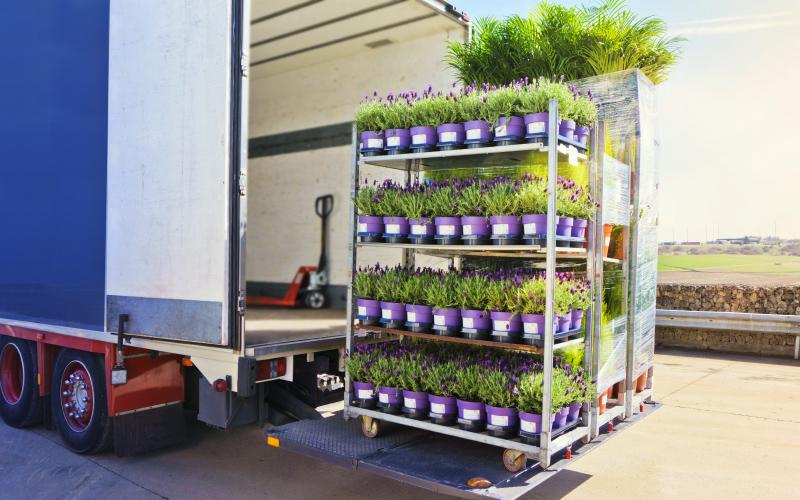
Additional Target Operating Model details released
What are the plant health proposals?
- A new regime will harmonise consignments regardless of whether they originate from EU and non-EU countries. Currently consignments are managed differently.
- Commodities will be categorised into high, medium or low risk. Although it is likely plants for planting will remain in the high-risk category, the Association hope inspection frequencies will remain responsive to the risk and subject to regular review.
- Digitised Phytosanitary Certificates (ePhytos) will be phased in for imports, starting with countries that Britain has the highest volume of trade with.
- Defra is exploring a delegated authority model for the import checks of plants and plant products, which will enable traders to manage their own SPS risks. They are proposing to call this model Authorised Operator Status (AOS). The system proposes to delegate responsibility to ‘Authorised Operators’ to carry out their own physical and identity checks on imports, provided they complete training, demonstrate their competence and have their premises designated as a Control Point.
Key dates for the continued phased approach of biosecurity controls:
- From October 2023, all imports of medium-risk plants and plant products (including those imports from the EU) will need to have a phytosanitary certificate upon entry.
- From January 2024, high-risk plants and plant products must come through a Border Control Post (BCP) or Control Point (CP) where identity and physical checks will be carried out. Checks will no longer take place at Points of Destination (PoDs).
- From January 2024, documentary checks and physical and identity checks at the border will be introduced for medium-risk goods imported from the EU. In line with the reduced frequency of checks, checks will have a baseline of 3% for EU imports and 5% for non-EU imports but may be different in specific cases, where additional risk factors apply.
- From January 2024, low-risk goods will be exempt from systematic controls at the border and so will not require a phytosanitary certificate or pre-notification. This includes most fruit, vegetables and cut flowers. Instead, they will be subject to enhanced inland monitoring via surveillance at the most appropriate locations and times, and evidence-led visits to premises by plant health inspectors.
Further reading:
Target Operating Model plant health proposals
Read the draft TOM and submit feedback
Attend a sector specific online session to find out how the TOM proposals affects your business:
Thursday 4 May, 4-5pm: Plants and Ornamental sector
This session will give an overview of what the draft Border TOM and the SPS controls mean for importers of plants, including plants for planting, flowers, cut flowers and ornamentals and give attendees further opportunity to ask questions and provide feedback on the proposals before they are finalised.
Thursday 27 April, 3-4pm: Authorised Operator Status (AOS) - plants focused
This session will give an overview of the Authorised Operator Status model, including the requirements and details on a pilot.
